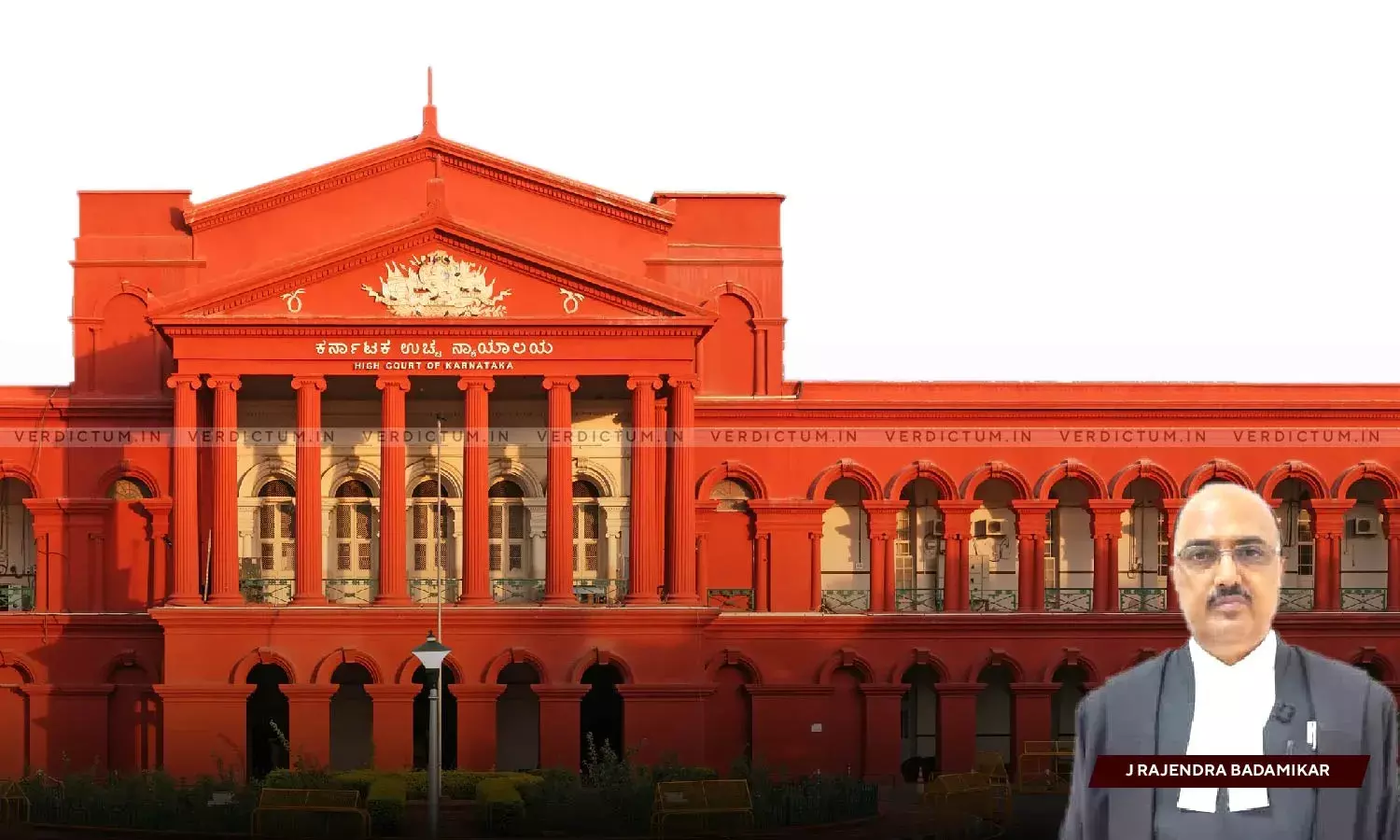Section 138 NI Act | Complainant Need Not Prove The Transaction Again When Accused Had Admitted It In Reply Notice: Karnataka HC
The Karnataka High Court observed that when in the reply notice the transaction itself is admitted by the accused in a cheque bounce case, calling upon the complainant to prove the transaction again does not arise at all.
The Court was hearing an appeal filed by the complainant challenging the acquittal of the accused under Section 138 of the Negotiable Instruments Act, 1881.
The bench of Justice Rajendra Badamikar observed, “When in the reply notice the transaction itself is admitted, calling upon the complainant to prove the transaction again does not arise at all.”
Brief Facts-
The complainant Jithendra Kumar N.M. alleged that the accused T.Gururaj, a relative, borrowed Rs. 5.00 Lakhs promising repayment within 4 to 6 months but failed to do so. The accused issued a cheque in repayment which got bounced later. The Magistrate acquitted the accused, leading to the complainant's appeal.
The Court noted that since the accused accepted the cheque and signature the initial presumption under Section 139 of the N.I. Act that the cheque was issued towards legally enforceable debt is in favour of the complainant.
The Court also noted that under Section 118 of the N.I. Act, the presumption regarding the transaction is being undertaken for consideration and hence, according to the Court, it is for the accused to rebut the said presumption.
The Court said when in the reply notice itself the accused has admitted to the borrowing of rupees and issuance of Blank Cheques, the burden is on the accused to prove that he has already repaid the borrowed loan amount, as later he is asserting that the issuance of the cheque was not towards the legally enforceable debt.
The Court noted that the accused has not entered into the witness box and his statement recorded under Section 313 of Cr.P.C. is also silent on the repayment of the borrowed loan amount.
The Court further noted that the Magistrate had completely ignored the admission of the transaction in the reply notice itself. Therefore, according to the Court, the entire approach of the Magistrate in this regard is arbitrary and erroneous.
Accordingly, the Court set aside the judgment of acquittal and convicted the accused for the offence punishable under Section 138 of the N.I. Act.
Finally, the Court allowed the appeal.
Cause Title: Jithendra Kumar N.M. v. T. Gururaj
Appearance:
Appellant: Adv. Kumar S.J. and Adv. S. Rajashekar
Respondent: Adv. S. Visweswaraiah




